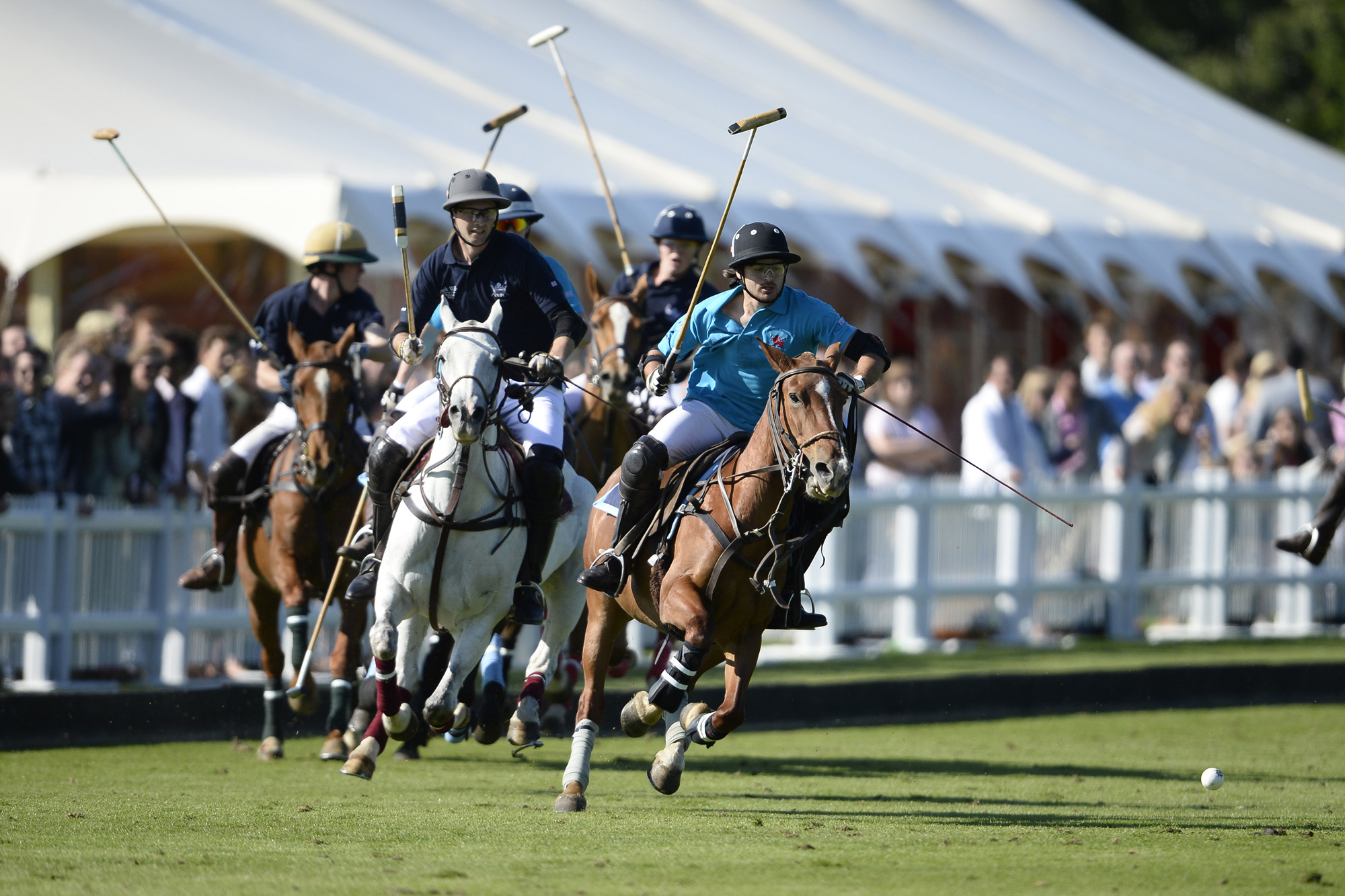How to play polo
- Introduction to Polo
- Understanding Polo Rules: Part 1
- Understanding Polo Rules: Part 2
Understanding Polo Rules: Part 2
The Impact of Successful and Unsuccessful Appeals on Game Outcomes

Equestrian team sport.
In the sport of Polo, like in many other sports, the decisions made by umpires and referees can significantly impact the outcome of a game. These decisions often involve complex interpretations of the rules and can sometimes be contentious. As such, the process of appealing these decisions is an integral part of the game. This article will explore the process for appealing umpire and referee decisions, the rules and regulations surrounding appeals, and the impact of successful and unsuccessful appeals on game outcomes.
The Appeal Process
The appeal process in Polo begins immediately after a contentious decision is made. The team captain or any player on the field can raise an appeal by raising their mallet. The umpires then have the discretion to either uphold or overturn their original decision. If the appealing team is not satisfied with the umpires' decision, they can escalate the appeal to the referee.
Rules and Regulations Surrounding Appeals
The rules surrounding appeals in Polo are designed to ensure fairness and maintain the flow of the game. Appeals must be made immediately after the contentious decision and cannot be made after the next play has begun. Furthermore, appeals can only be made against decisions that directly impact the outcome of a play, such as a foul or penalty decision. Appeals cannot be made against subjective decisions, such as the umpire's assessment of a player's conduct.
Impact of Successful Appeals
A successful appeal can significantly impact the outcome of a Polo match. For instance, if a team successfully appeals a foul decision, they may be awarded a penalty shot, which could potentially lead to a goal. Similarly, a successful appeal against a penalty decision could result in the penalty being overturned, thereby preventing the opposing team from gaining an advantage.
Impact of Unsuccessful Appeals
Unsuccessful appeals can also have a significant impact on a Polo match. If a team's appeal is unsuccessful, play continues as per the original decision. This could potentially result in a disadvantage for the appealing team. Furthermore, repeated unsuccessful appeals can lead to penalties for the appealing team, such as a warning or even a penalty goal awarded to the opposing team.
In conclusion, the appeal process in Polo is a critical aspect of the game that can significantly influence its outcome. Understanding this process, and the potential impacts of successful and unsuccessful appeals, is crucial for players, coaches, and fans alike.